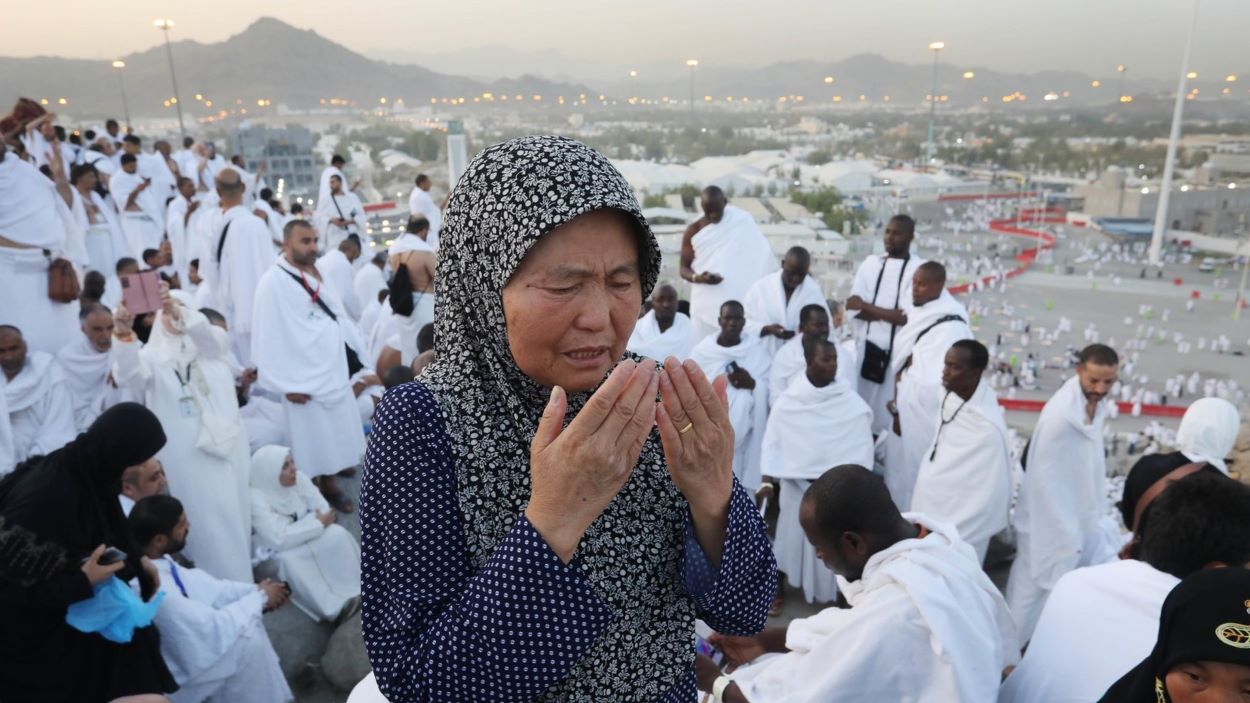The Ministry of Religious Affairs has declared that despite the Council of Islamic Ideology’s (CII) 2023 approval of Pakistani women performing Hajj without a male guardian, they still require consent from their husbands or parents for registration in 2025.
The Hajj Policy 2025 document states, “Women no longer need a mahram for Hajj 2025, following the CII 2023 decision, provided they submit an affidavit confirming: (i) permission from parents or husbands, (ii) inclusion in a group of trustworthy females, and (iii) no risk to their dignity.”
This follows the CII’s conditional endorsement in November 2023, allowing women to undertake Hajj without a mahram, contingent on travelling with a reliable group of females and ensuring their dignity remains intact.
Historically, the CII referenced the Jafria, Maliki, and Shafi’i schools of thought, which permit women to perform Hajj or Umrah without a mahram, contingent on parental or husband approval and travelling in a dependable, all-female group.
Since 2021, the Saudi government has removed the mahram requirement for women travelling for Hajj and Umrah, applying this policy globally.
For minors, the 2025 policy specifies that children under 12 cannot participate in the pilgrimage, aligning with Saudi regulations. Additionally, special citizens and disabled applicants must have an attendant to accompany them.
Applicants restricted from travelling by court orders or listed on the Exit Control List (ECL) are disqualified from the pilgrimage.
The policy also sets aside a “hardship quota” of 1,000 seats for split families, mahrams accompanying successful female applicants, attendants for disabled persons, and other special cases.
Read: Pakistan to Hand Over Hajj Management to Private Operators by 2026
Pakistan has received an allocation of 179,210 Hajj seats from the Saudi government, equally divided between government and private schemes.
Read: Pakistan Reviews Hajj Costs, Targets Rs1.1 Million Cap Under Government Scheme






